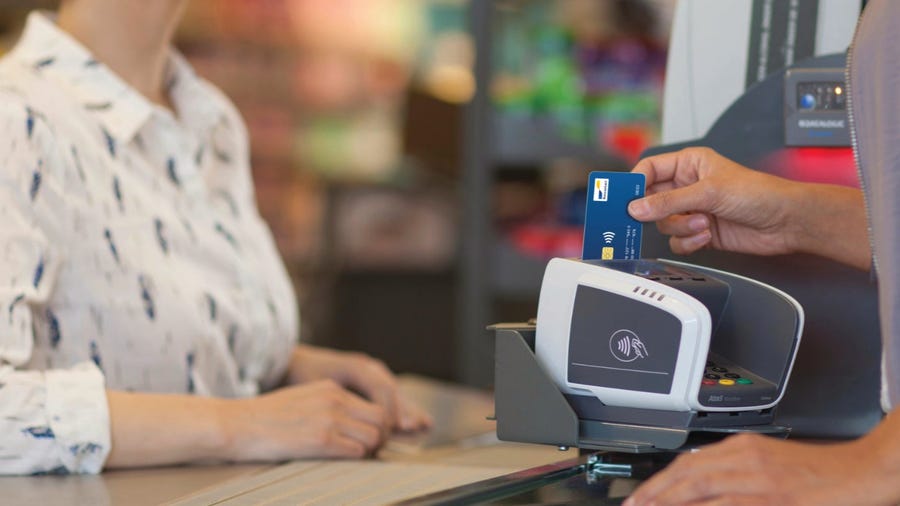A large number of businesses have still not made electronic payments available to customers, despite being obliged to do so since the beginning of July.
According to the VRT consumer radio programme De Inspecteur, the authorities have so far registered 103 cases of businesses still unprepared to offer electronic payments. The new law, on the contrary, makes it obligatory for any business dealing with the public to offer the option of paying by electronic means – most commonly the Bancontact system supported by most (but not all) commercial banks.
“This is legally not okay,” junior minister Eva De Bleeker told the VRT. To date, 103 complaints made by customers have been substantiated, she said. Cases of businesses that break the law can be reported to the website (available in four languages: FR, NL, DE and EN).
"Those 103 complaints are all investigated by the economy ministry," said De Bleeker. "If it turns out that there was indeed no possibility to pay digitally, that business will first receive a reminder asking them to sort themselves out and receive clear information about the current regulations. If not, they risk a fine of up to €80,000."
To avoid having to install digital payment terminals, which can be expensive for some small businesses operating on low margins, some businesses opt for the use of other options, including smartphone apps which allow the transfer of funds.
Many of those, however, are virtually unknown to the public, although they do comply with the letter of the new law. The result is that customers not equipped with the app are forced to pay in cash.
That not only subverts the purpose of the new law, it also allows the businesses in question to carry on with the tricks that made the change necessary in the first place. Principal among them: taking the customer’s cash and failing to pass the transaction through the books, thus making its way into the pockets of staff – from waiting staff all the way up to managers.
However, the ministry explained, there is little or nothing the government can do to tackle these tricks. The government itself – or the drafters of the new law – has created the problem, largely brought about by the need to be fair to all who offer such services, no matter how obscure.
"The company itself retains the freedom of choice to offer an electronic payment method", a spokesperson for the ministry told the programme. "This must be a payment method that is sufficiently accessible to the consumer." That, however, is an obligation easily fulfilled by a simple listing on site like Google Pay or the less well-known Bonsai – an app backed by the National Bank.
But which apps are to be trusted? Here is a list of the approved payment apps for Belgian institutions.
And here is a list of apps from foreign institutions that can operate in Belgium.

